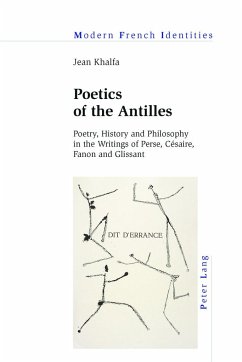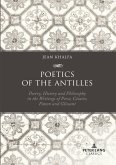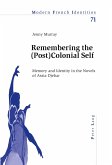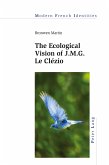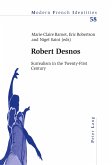The essays collected in this volume study the poetry and thought of four major Francophone Caribbean writers: Saint-John Perse, Aimé Césaire, Frantz Fanon and Édouard Glissant. In a context where identity was a question, an original conception of subjectivity appeared, as the end point rather than the origin of a process which was inseparably poetic and political. It entailed an aesthetics of dispersion or errance, rather than belonging. This volume thus questions the traditional teleological narrative of negritude as 'renaissance' or 'awakening'. A careful look at the birth of different negritude movements shows the complexity of this history and explains Fanon's philosophical and political critique of the notion. These writers' astonishingly rich production rests on original aesthetic ideas and philosophical reflections which the vagaries of history and displacement, and their comparison with major metropolitan literary movements, had masked. Fanon's thought is at the heart of the book, but this volume also traces the important debates these authors had with the major French thinkers of their time, notably Bergson, Sartre, Merleau-Ponty and Deleuze.
Bitte wählen Sie Ihr Anliegen aus.
Rechnungen
Retourenschein anfordern
Bestellstatus
Storno

